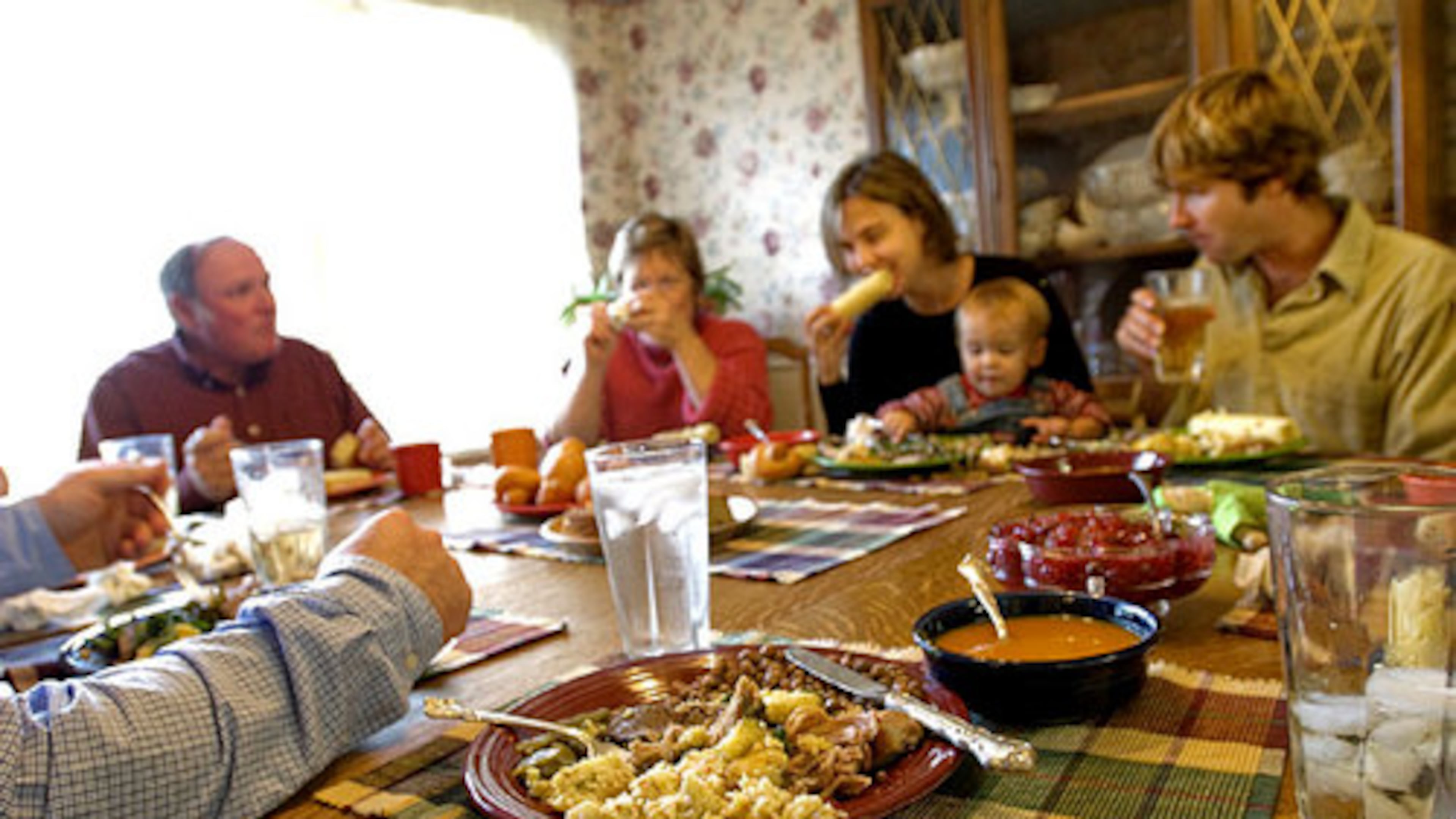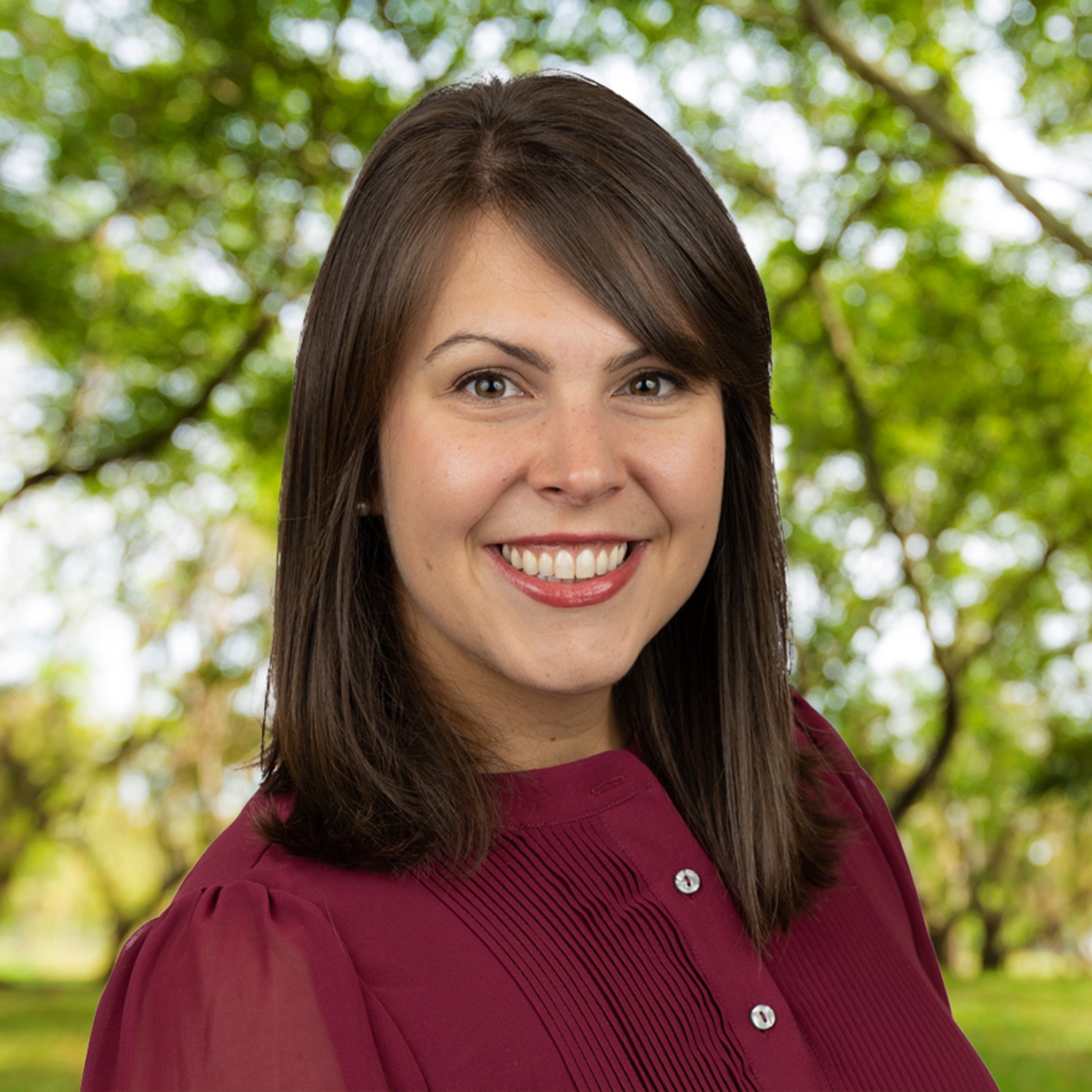On Thanksgiving, remember that gratitude makes good citizens, heals divisions

President Abraham Lincoln officially made Thanksgiving a national holiday in 1863, during the Civil War that threatened the very existence of the United States.
He wanted to unify the nation by encouraging Americans to count their blessings, give thanks and reflect on our shared national purpose.
A century and a half later, America is once again tearing apart from within. Political polarization is deepening, exacerbated by both parties framing each election as an existential fight for the country’s future.
Civil discourse — the ability to engage in respectful conversations with people we disagree with — seems like a thing of the past. The uptick in violence has left many of us increasingly and rightfully unsettled.
We know we’re treading on dangerous ground when harm toward others becomes an acceptable way to achieve political goals.
Gratitude is the ‘greatest’ virtue that reorients our attention outward
Lincoln’s belief in gratitude as a way to mend internal divisions is as relevant today as it was 162 years ago. As we step away from our daily routines to celebrate Thanksgiving, we would do well to heed his call — and recognize that gratitude remains an important tool for national healing.

The Roman philosopher Cicero said gratitude was the greatest of all virtues — one that makes all others possible. He believed gratitude creates humility, which makes you aware of your strengths, your limits, and how much you depend on others.
When you appreciate the good in your life, you recognize that it comes not just from yourself, but from other people.
That is the key: gratitude reorients our attention outward. It pulls us away from ourselves and helps us realize just how much others enrich and shape our lives.
When we pause to give thanks, our first thoughts drift toward our immediate family and friends, but it naturally emanates from there, to the people in our neighborhoods — the teachers, coaches, cashiers, librarians, nurses, and countless others that keep our communities running.
Giving thanks for these neighbors forces us to see their humanity. Their politics is a distant and largely irrelevant trait. We see them first as human beings, as mothers, fathers, sons, daughters, sisters, aunts, uncles, friends — people who love, hope, and struggle just like us.
During the shutdown crisis, people came together to help each other
That recognition strengthens the relationships that are key to holding our communities together. It’s this strong social fabric at the local level that Alexis de Tocqueville famously observed sets America apart from other countries — and is key to why our nation has endured for more than two centuries.
That strength was on full display in recent weeks during the federal government shutdown. When Washington’s dysfunction led to confusion and uncertainty over whether 42 million Americans would receive food assistance in November, people didn’t wait on Republicans and Democrats in DC to resolve the impasse.
Americans came together in their cities and neighborhoods to ensure vulnerable families would not go hungry. Churches, charities, and neighbors organized food drives, donated food, and stepped up to help their neighbors in need. Elizabeth Baptist Church in Atlanta fed thousands of people during its Operation Uplift food drive, just one example of communities coming together to respond to needs at the local level.
Gratitude for the people in our communities helps us focus our energy here, at the local level, where it can actually make a difference. A healthy society is built on strong local relationships — bonds not formed by ideological alignment, but through daily interactions and the shared work it takes to improve our communities.
This Thanksgiving, cultivating a sense of gratitude for those outside our immediate circle will go a long way toward planting seeds of respect and neighborliness that have the power to heal our country. Appreciating our local librarian, the cashier at the grocery store, one of the parents at our child’s school, the neighbor who sits behind us in church makes it much more difficult to define them by their political preferences or as the “other side.” It builds trust and fosters cooperation — qualities that we desperately need in today’s political moment.
In a world overwhelmed by loneliness, suspicion, and anger, this is how we can make our communities good places to live. This is how we can reconnect with one of the best sources of hope and joy — each other.
How fitting that Thanksgiving — a truly American holiday — is dedicated to a virtue that helps hold us together as a nation.
Gratitude strengthens our communities and makes them work. As President Lincoln understood so many years ago, it’s essential for shaping not only good people, but good citizens.
Rebecca Primis is the vice president of communications at Georgia Center for Opportunity.


